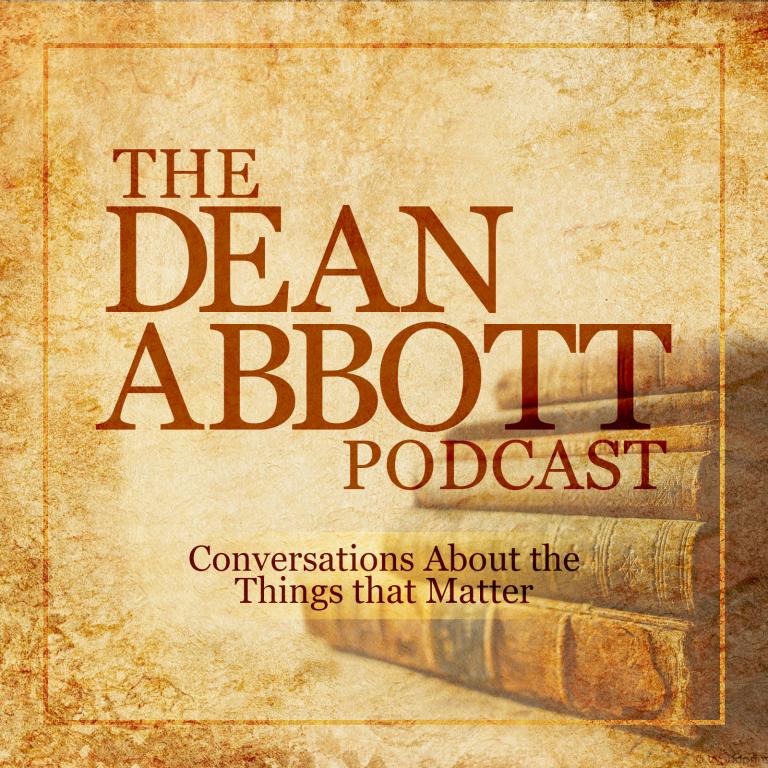We’re driven. We want to do more, see more, have more. We want to leave a mark, even a temporary one, on this rotten and glorious world. Something keeps pushing onward.
And yet, we see that failing to appreciate where we are, what we have already achieved, what has been provided to us by others, is dangerous. We fear missing out, not being there when our kids need us. We wish we could just relax and enjoy that barbecue, read a book, watch some mindless TV once in a while.
We fear falling into a pattern of self-indulgence. We look around at lives that are small and pointless. We see masses of men whose life motto is “Whatever. That’s good enough.” We don’t want to be those guys.
We don’t want to fall into the widespread habit of being directionless lumps who settle for mediocrity. We wonder how we can be productive and yet not constantly exhausted or on the verge of exploding.
Sorting out this dilemma requires careful thinking that begins with the recognition of an important distinction. If we’re going to find a means of balancing these competing impulses, we have to understand the difference between being content and being complacent.
Let’s start with complacency. Complacency is a vice, a habit that guarantees ineffective interaction with reality. When we fear falling into sloth, of letting slip from our grasp the tenuous hold on reality by which we bend it to our will, complacency is what we fear.
And for good reason. Complacency kills. Complacent people are happy to watch entropy break down whatever goods they have acquired, to watch the doors of opportunity swing shut. Complacent people take no risks, make no plans, execute nothing. Complacency is for the stuck.
Complacent people are easily satisfied. Another evening of frozen pizza and Netflix will do just fine. The complacent don’t just avoid work, they fear it. They view the work required to merely survive as a necessary evil. They view the additional labor necessary to accomplish real goals as something to be feared, preferring instead to hunker down in their protective cocoons.
Nobody respects them. Well, nobody who notices them does. The complacent long not to be noticed because being noticed means attention, and being the object of some attention means demands placed on you. And demands are hard for the complacent to accept.
This is why people don’t trust or respect them. People see the complacent refusing to act in the world, letting things fall into ruin. The complacent telegraph their unreliability.
None of this is true of the content. Contentment, unlike complacency, is a virtue. To be content means feeling the inward satisfaction of a life lived with purpose. Contentment means understanding that as important as growth and forward motion are to a life well lived, obsessing about the future, about what we don’t have or haven’t achieved, undermines happiness now.
Contentment means acknowledging now is all we have. All we may ever have.
Contentment need not stop us from pressing forward with our goals for something even better, but it allows us to do so with pleasure, rather than burdened by a spirit of anxiety.
So, how can we tell whether contentment or complacency governs us?
The answer is in the outcome. When we are governed by contentment, we are able to enjoy a full life. Focusing on producing more than you consume is crucial, and so is rest. Contentment allows us so see rest as what it is: a necessary ingredient for being as productive as possible.
Complacency, on the other hand, produces nothing. Its chief hallmark is indifference. Complacent people just don’t care. Just as complacent people don’t produce, they also have little clearly demarcated time for rest. Complacent people don’t vacation, nor do they crush it. They plod along from one moment to the next.
Your goal should be to have your eyes fixed on the things you’re trying to attain. Your goal should be to pursue these from a place of calm contentment knowing you have disciplined yourself in the right direction during the time you’ve had. Whether you summit the mountain or not, you must take satisfaction in knowing you spent yourself in the effort to conquer her.
We can fall short of this ideal in two ways. First, we can work so obsessively that we enter a realm of diminishing returns. Our lives can be racked with anxiety from the sense of never having done enough. In other words, we can lack contentment.
We can also simply do nothing. Sloth does not bring peace and so we spend our days discontent and yet unwilling to put forth the labor necessary to earn our own respect. In other words, we can be complacent.
Neither of these leads where we want to go: to a full life. The only way there is through cultivating real contentment through daily gratitude for all we have done and all we are going to. We must strive, but we must do so with the confidence of a seasoned warrior, eager for the next battle, but with full knowledge his glory is already won.
Thank you for reading this post. If you found it valuable, please share it on social media using one of the buttons below. You may also want to support my work by leaving a tip in the tip jar on the main page or by supporting me on Patreon.










